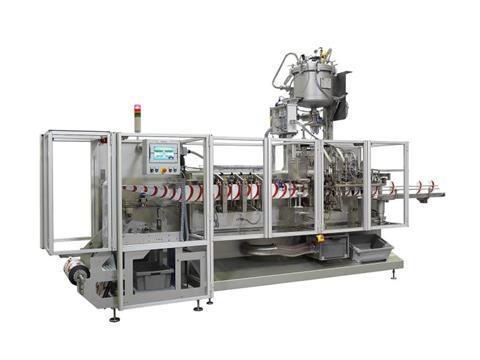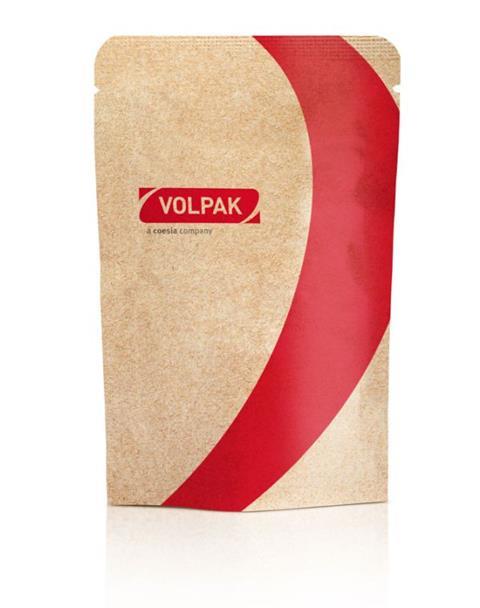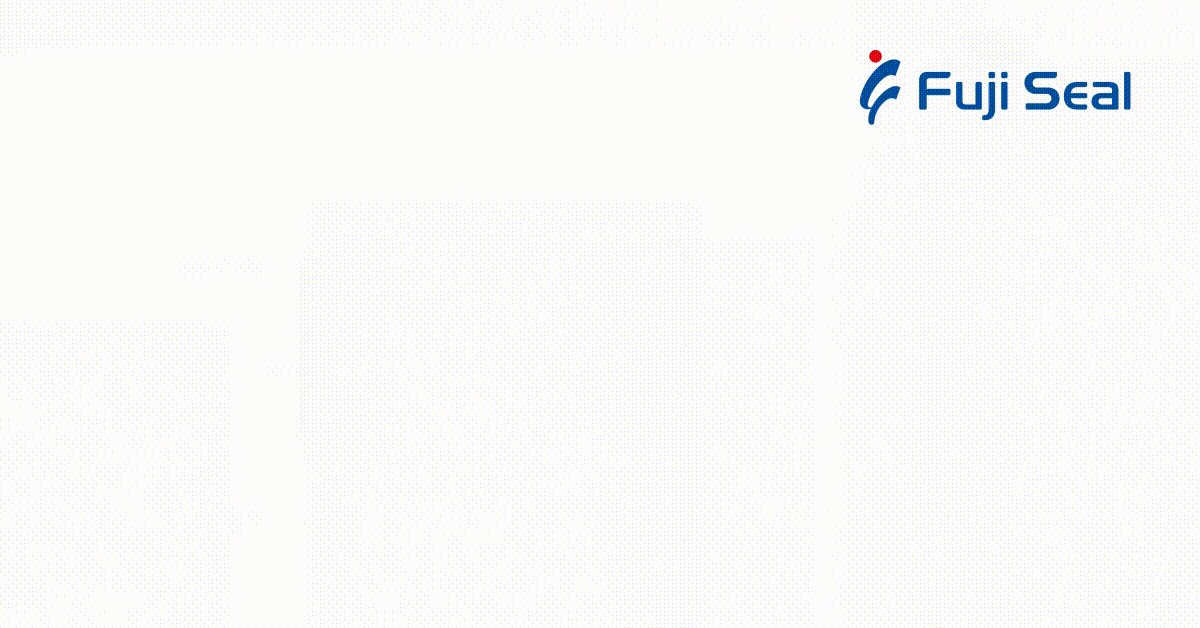
Volpak ends 2020 having secured – even among short-term difficulties – the full confidence of the market in its systems and solutions. The 2021 challenge is twofold: to continue serving the consumer market effectively and to keep investing the sustainability of its solutions.
While adopting strict safety measures, Volpak has never halted its production throughout 2020. Despite the challenges, the crisis has had no impact on the orders. On the contrary, it has opened new opportunities. Typically, Volpak’s business is focused on industries such as Food and Beverage, Pet Food and Home and Personal Care, which, during the last year, have seen a considerable growth, both in the retail channel and thanks to e-commerce. This specific channel, according to data reported by Statista, is worth almost 3,000 billion dollars per year globally. In combination with the retail industry, which has seen largely been stable, this has led to a high demand of processing and packaging machines and systems. In 2020, Volpak has registered an increase of its orders of more than 40% compared to the previous year, and has closed the year with great results.
Flexibility for constantly evolving needs
In this time of crisis the company has also worked hard from a sales perspective in order to consolidate its relationships with its long-standing customers while developing partnerships with new businesses, all of this in combination with the traditional technological focus of the business. Volpak has always invested in research and development and in the flexibility of its solutions. The machine portfolio is wide and diversified, helping the company effectively serve different needs, both in terms of packaging type and production performance. This has allowed Volpak to successfully meet a market demand that, especially right now, is constantly evolving.
The challenge of the future: increasing sustainability

Pouches are the fastest growing packaging type, and an exponential increase of their use is estimated both in established markets - such as beverage products for the USA - and in new industries and regions. This poses new challenges to sustainability, especially for the wrapping material, which will have to be more and more evolved and low impact. This isn’t just a passing trend: by December 31, 2030 all plastic packaging will have to be made out of recyclable or compostable material. At the same time, the separate collection and the recycling of plastic waste will have to reach levels on par with other packaging material.
A research laboratory for clients (and the environment)
For this reason, Volkpak has developed an industry-first laboratory, the pouch LAB, a place where engineers can study the evolution and the behaviour of different types of wrapping material, while also gathering precious data, thanks to ongoing cycles of tests, carried out on the basis of a rigorously scientific approach. Pouch Lab can, for instance, help clients in choosing and using materials such as polyethylene and polypropylene, allowing them to carry out field testing with different types of products within a protected environment. At the same time, Pouch Lab can help develop solutions that increase the efficiency and structural integrity of the pouch by adopting specific components based on the type and the shape of the packaging, making the locking systems increasingly more practical and resistant.
SC+, a continuous movement horizontal form fill seal unit, has solidified its market position in the last year. Developed by Volpak’s engineering team with the help of Coesia’s R&D department, SC+ is a leader in performance and flexibility, and is suited to several industries: from dairy to confectionery, from pet food to chemicals, especially for the high end needs of the market. At the same time, the company has strengthened its portfolio of solutions and has expanded the platform of the machines installed around the world. The Enflex range has been extremely well received: this brand focuses on low speeds and is aimed at customers with a lower volume production, but that still require features such as reliability and durability.













